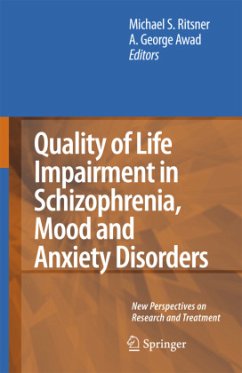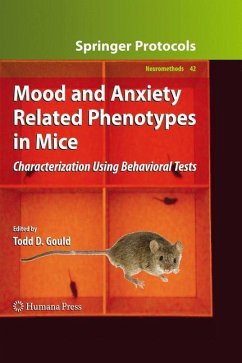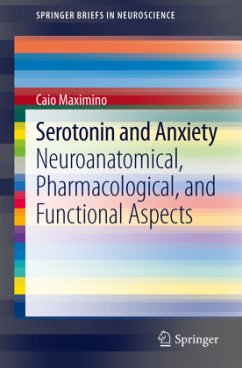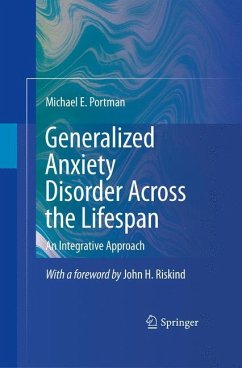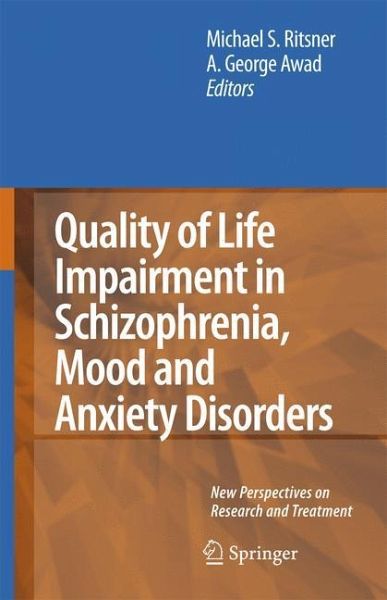
Quality of Life Impairment in Schizophrenia, Mood and Anxiety Disorders
New Perspectives on Research and Treatment
Herausgegeben: Awad, A. George

PAYBACK Punkte
76 °P sammeln!
Over the past few decades health-related quality of life (HRQL) has emerged as the new image of medicine viewed from a psychosocial perspective. The concept of Quality of Life has attracted a good deal of interest, not only from a clinical perspective but also from psychosocial, health economics as well as cultural aspects. More recently, the neurobiological brain substrates that modulate many aspects of subjective experiences, which is relevant to quality of life such as affect, mood, cognition, pleasure, reward responses as well as feeling of wellbeing and satisfaction has been explored and ...
Over the past few decades health-related quality of life (HRQL) has emerged as the new image of medicine viewed from a psychosocial perspective. The concept of Quality of Life has attracted a good deal of interest, not only from a clinical perspective but also from psychosocial, health economics as well as cultural aspects. More recently, the neurobiological brain substrates that modulate many aspects of subjective experiences, which is relevant to quality of life such as affect, mood, cognition, pleasure, reward responses as well as feeling of wellbeing and satisfaction has been explored and elucidated. Such increased interest in HRQL is highlighted by the large number of recent publications. Over the past 10 years at least 350 papers were published describing aspects of HRQL in the psychiatric and mental field. Among them 78% dealt with HRQL in schizophrenia and schizoaffective disorders, 21% with major depression, 14% with anxiety disorders and 4% with bipolar disorder. It is gratifying to witness the enhanced interest and popularity in HRQL research and publications, yet the field continues to suffer from conceptual inconsistencies as well as a good deal of methodological limitations. It is worrisome that we still do not have a clear understanding of the concept itself as applied to mental health and illness as well as the complex array of its determinants. Similarly there is a lag in the application of quality of life data in improving clinical practice.





